TMT, dzRH review Townhall episodes
TMT, dzRH review Townhall episodes
WITH two weeks to go before the midterm elections, The Manila Times and dzRH reviewed the previous nine episodes of their Bakit Ikaw Townhall election series to guide voters in choosing their candidates.
On the last episode of the series, which aired on Sunday, Red Mendoza, Times reporter for the House of Representatives and Office of the Vice President, said the roles of senators are important since they will be the ones who will pass the laws coming from the House of Representatives.
Mendoza noted that some laws submitted by the House faced delay in the Senate because of intense scrutiny in aid of legislation.
Fellow Times Congress reporter Reina Tolentino said that a diversity of lawmakers is important since it offers different perspectives when discussing laws.
Going into the different episodes, the reporters said most of the platforms in the first episode about the economy were "good," such as increasing salaries, but Mendoza noted that there should be a balance in increasing salaries as well as maximizing government resources and balancing foreign and local investments.
On the second episode, which tackled food security, Tolentino said senatorial bets should take a more comprehensive look at the problem of rising prices of food items.
Program hosts Karen Ow-Yong and Ezrah Raya called out lawmakers involved in food smuggling.
"Dapat tignan nila kung nasaan 'yung problema para magawan nila ng batas or pwede silang maka-suggest ng anong pwede ang gawin para higpitan ang mga measures nila laban sa smuggling (They should look where the problems are so they can create laws or suggest what they need to strengthen to fight smuggling)," Tolentino said.
The panelists noted that in the third episode, which tackled labor issues, most of the discussion focused on preventing labor contractualization.
Mendoza said business groups are reluctant to oppose contractualization because they benefit from it.
Tolentino said that if contractualization is banned, employees would have security of tenure and would be entitled to mandated benefits from the Social Security System and the Philippine Health Insurance Corp.
The fourth and fifth episodes tackled health, education and social needs, and the hosts urged voters to choose candidates who offer solutions to problems such as mental health, teenage pregnancies, declining education quality, and social services for the poor.
The hosts said that in the sixth episode, on disaster management and transportation, the candidates shared their vision to make the Philippines more resilient to disasters.
They said recent events like the deadly earthquake in Myanmar and the eruption of Kanlaon Volcano provide the government the template for responding to such disasters.
The same episode also tackled transportation, where the candidates pushed for a comprehensive review of the public utility jeepney (PUJ) modernization program, which they said was too expensive for the transport sector, as well as increased infrastructure to enable people to use public transport more, such as trains.
In the seventh episode, which tackled digitization, the candidates discussed how digitization could help the government prevent corruption.
They also raised the threat of artificial intelligence and cybercrime.
The eighth episode discussed defense and security, where the candidates explained their positions on internal and external defense, including how insurgencies must be resolved without experiencing displacement among residents, as well as the importance of defending the West Philippine Sea and refining operational systems to prevent collateral damage.
In the ninth episode, which tackled corruption, the candidates' were one in opposing the use of confidential funds and pork barrel politics.
Comments 0
Most Read
Recommended Post
Gogolook launches news wall feature to Whoscall App





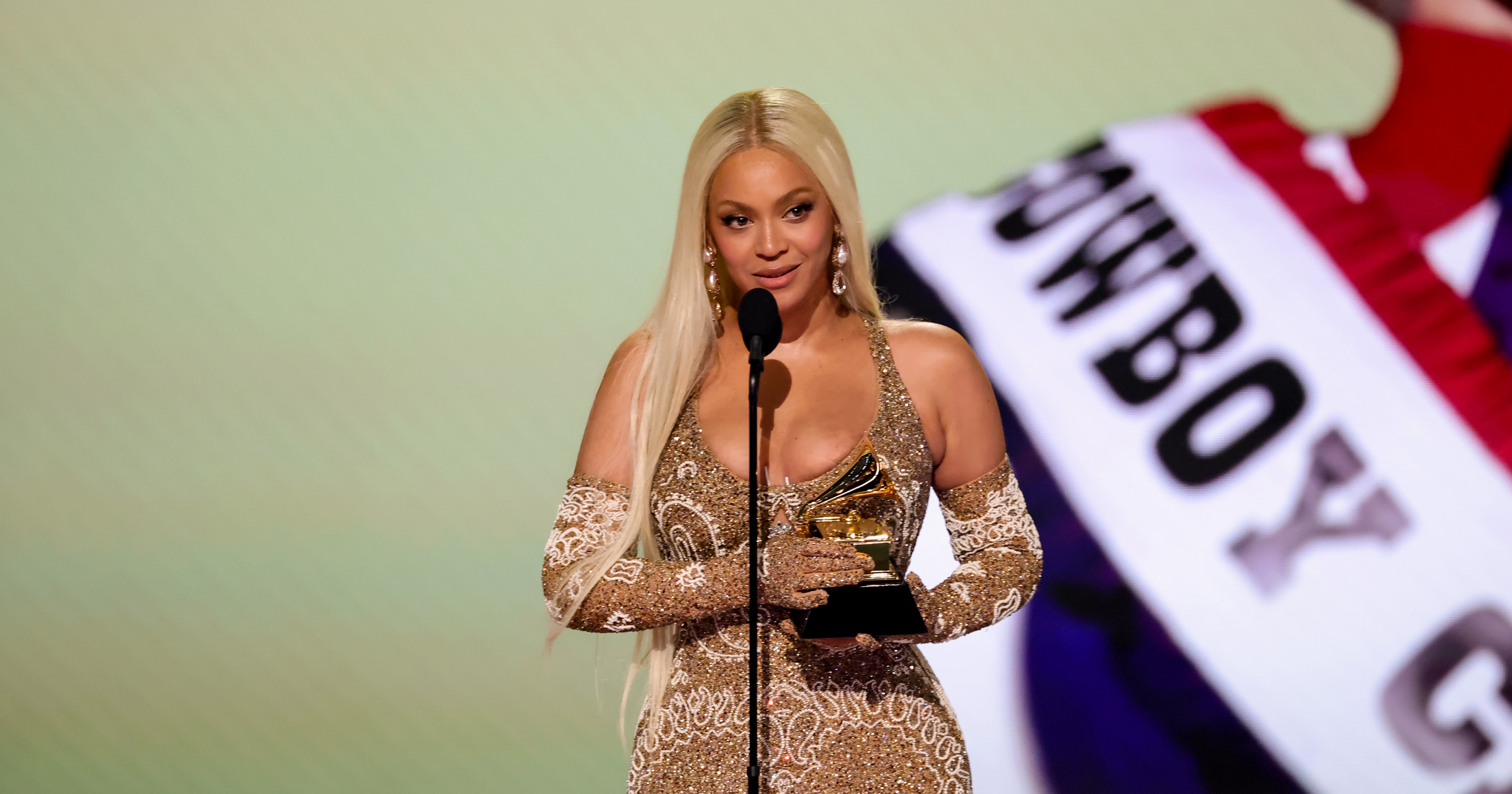








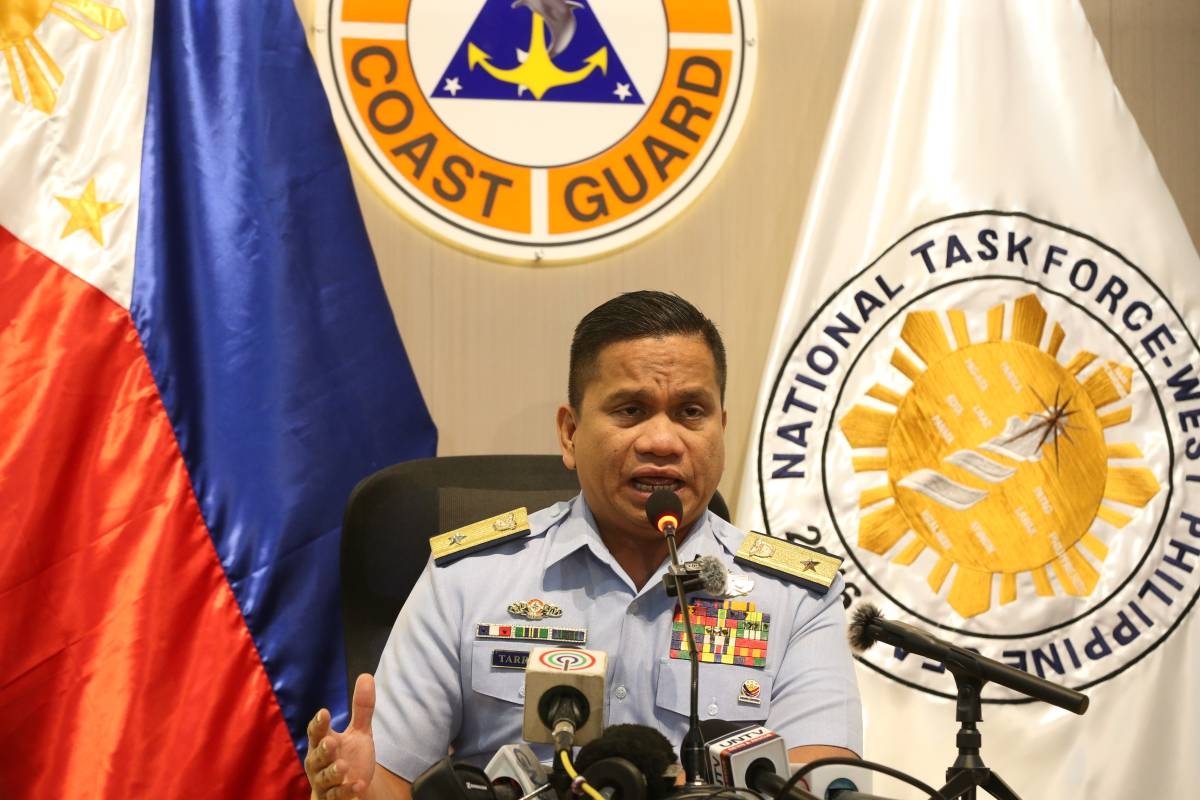
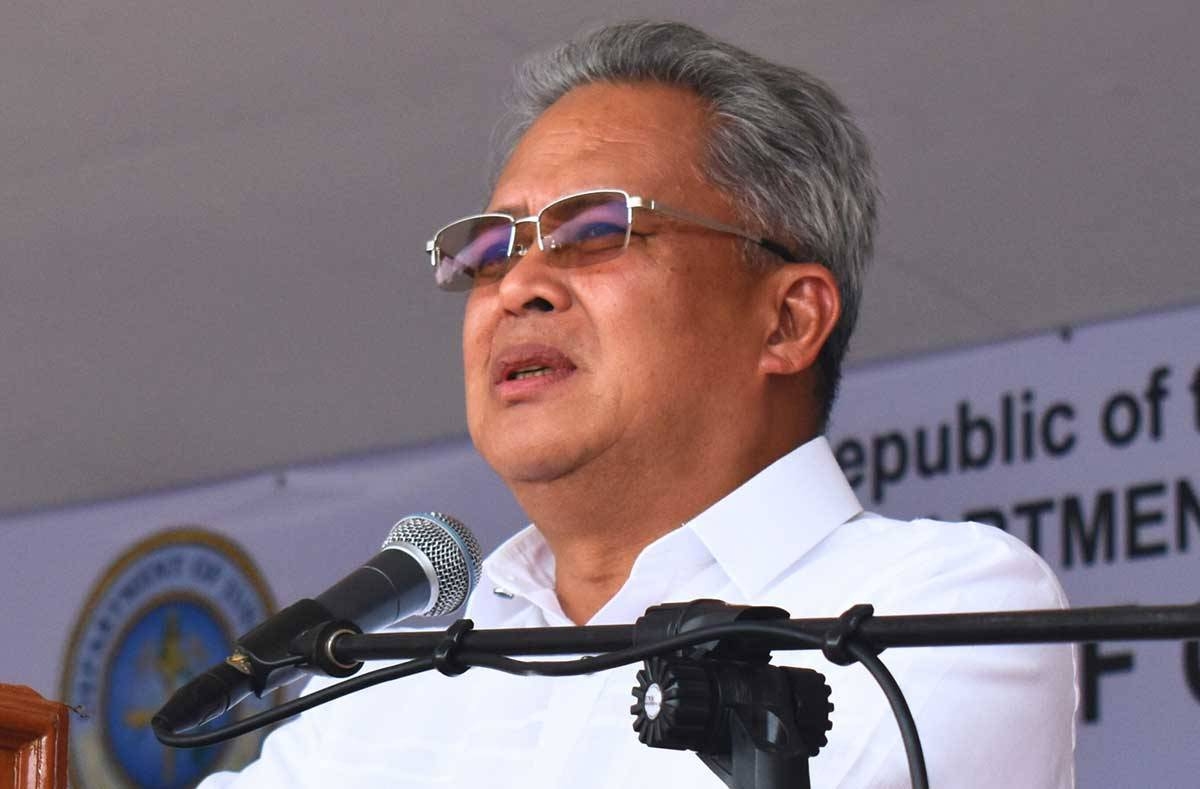
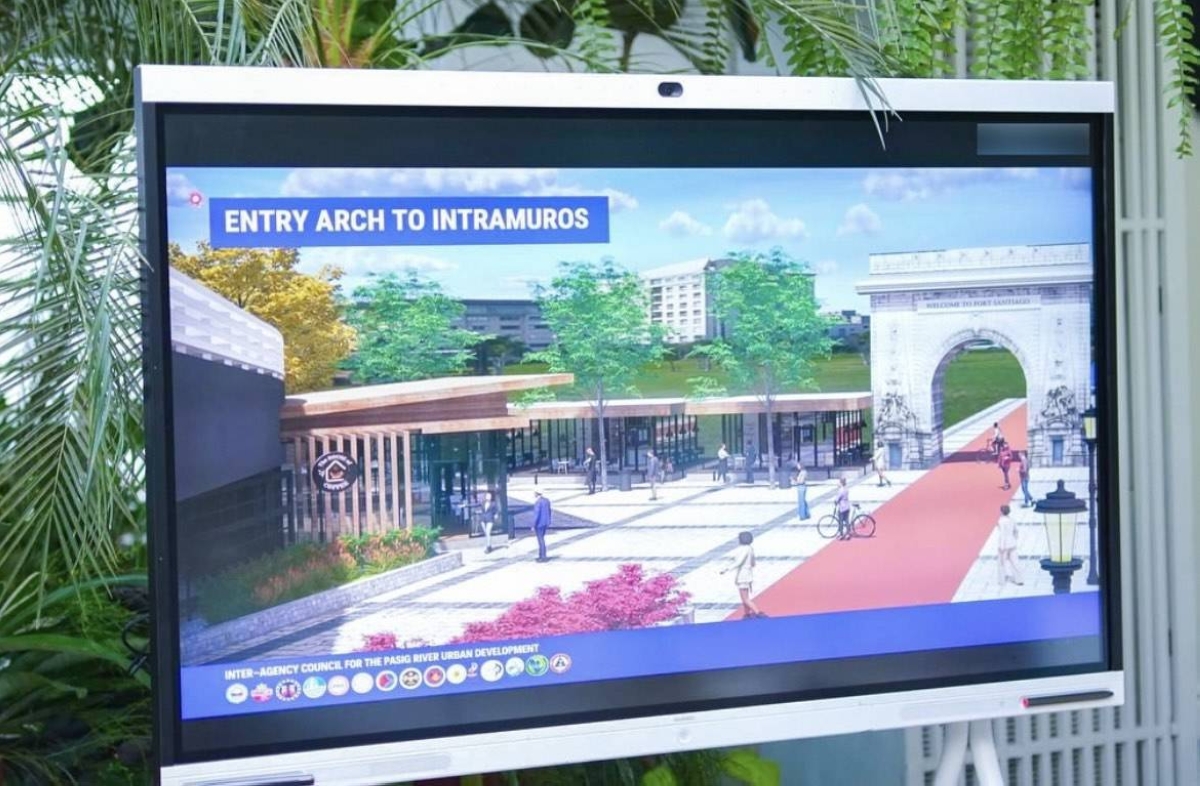
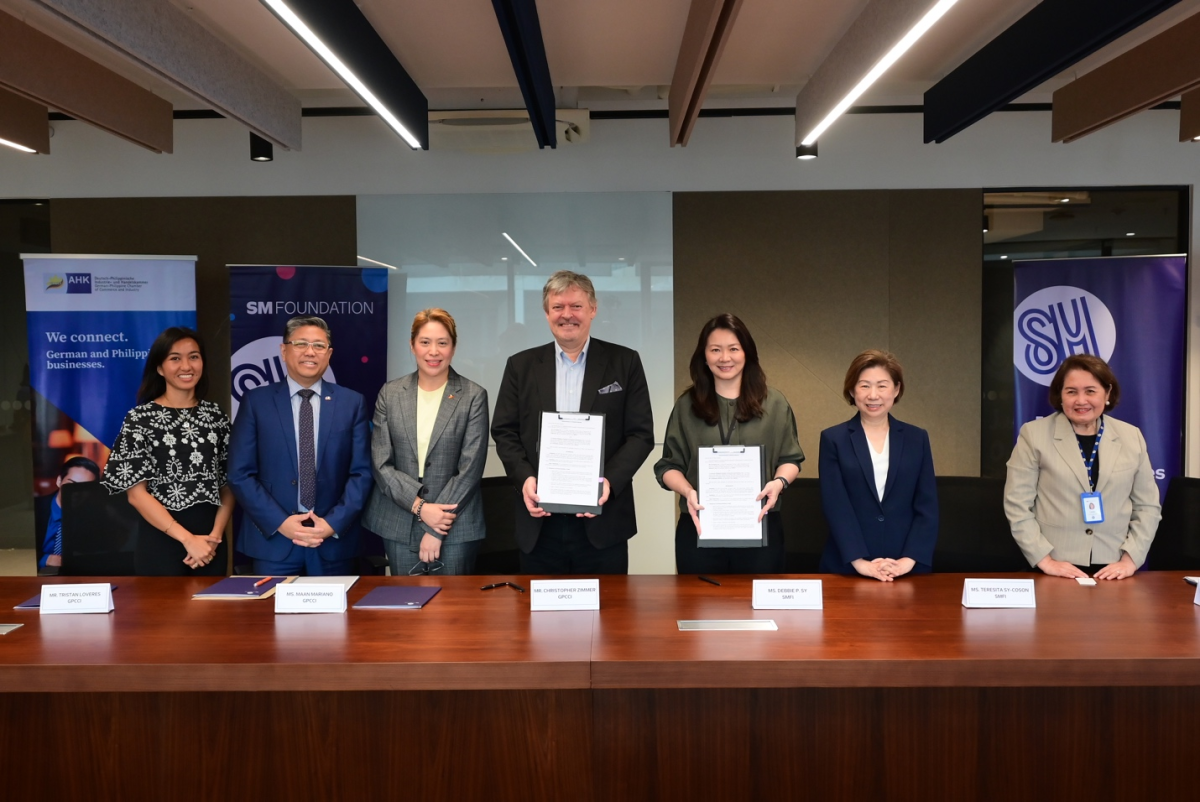



Leave a Comment